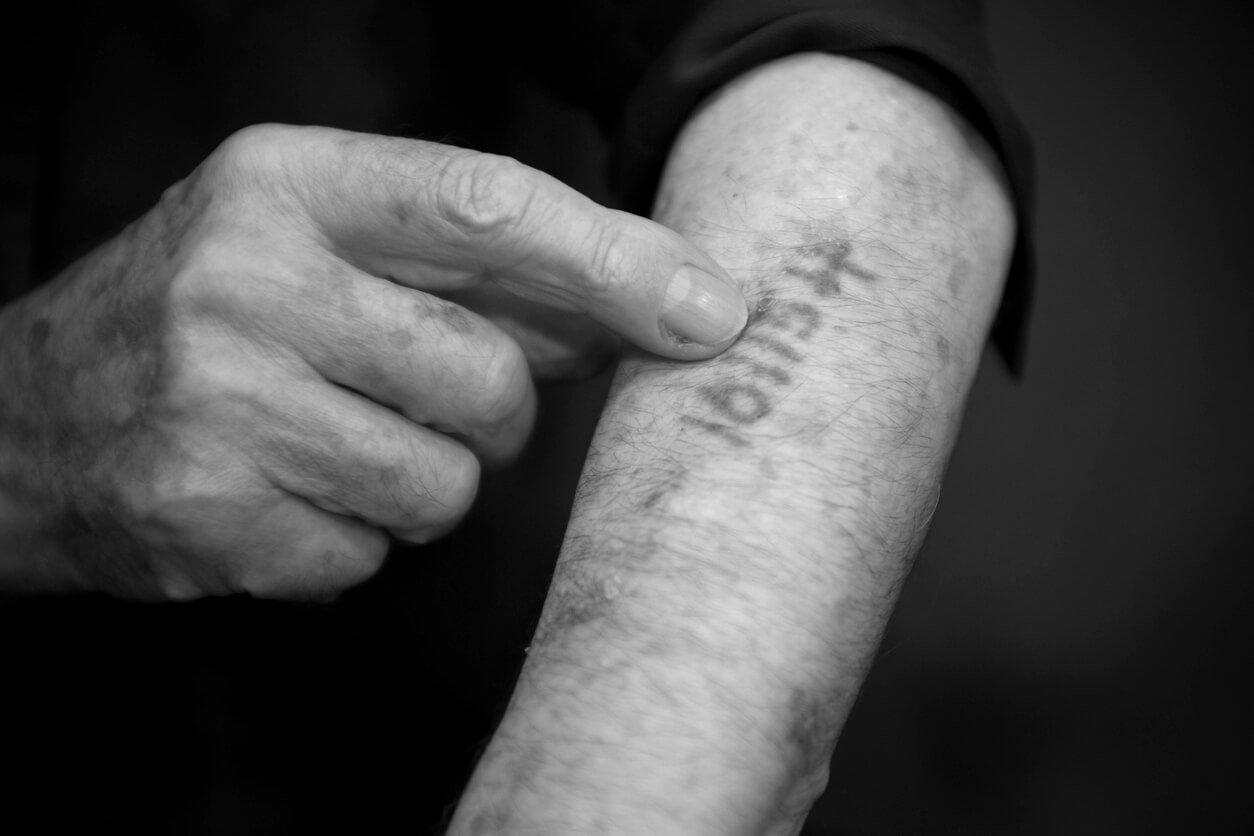Tens of thousands of Holocaust survivors live in poverty. This foundation wants to help
For some survivors, basic needs like heat and food are hard to come by

Around 25,000 Holocaust survivors in the U.S. live below the poverty line. KAVOD-SHEF is an initiative that aims to help them meet basic needs such as medical and dental care, rent and home care. Photo by Claudiad/iStock
The letter that Marcy Gringlas remembers best came from a Jewish man living in California’s Silicon Valley. An elderly Holocaust survivor, he was living in the heart of American innovation and wealth. But his teeth had deteriorated to the point where he could no longer eat, yet he could not afford to do anything about it.
“He was traumatized about his teeth,” Gringlas told the Forward. “He didn’t want to have a doctor look at them or anything.”
Almost 80 years after the end of World War II, there are an estimated 195,000 survivors still alive. According to Jewish Federations, around 80,000 of those individuals live in the United States, and 25,000 of them live, like the man in Silicon Valley, below the poverty line.
Gringlas and her husband are the founders of Seed the Dream, a family foundation based in Philadelphia that has primarily worked on educational initiatives in the United States and Israel. In 2019, however, they partnered with KAVOD, a nonprofit that works to meet the needs of economically disadvantaged Holocaust survivors, to launch KAVOD Survivors of the Holocaust Emergency Fund (SHEF). The initiative had two goals: to raise awareness of the little-discussed needs of thousands of Holocaust survivors, and to provide assistance to them.
A KAVOD social worker was able to persuade the Callifornia man to get dental care. In his letter to Gringlas, he was able to express his joy about being able to once more enjoy food.
That so many Holocaust survivors are spending their twilight years in need came as a shock to Gringlas, who is a developmental psychologist. She is herself the daughter of two Holocaust survivors: Her father, born in Poland, was sent to Auschwitz, where he lied about his age to the notorious camp doctor, Josef Mengele, in order to be selected for work duty. Her mother was born in the former Czechoslovakia and spent the war years hiding in a basement. The stories Gringlas grew up with led her to empathize with the courage it took to build a new life in a new country, a life that should be lived “with complete dignity and complete honor and with complete comfort” as individuals age.
KAVOD SHEF’s work began just before the onset of COVID-19. Gringlas said the pandemic exacerbated the already difficult situation in which many survivors, all elderly and many in ill health, found themselves. In 2023, KAVOD SHEF will dispense $6 million to 40 community organizations across the country to help meet survivors’ basic needs, such as rent, utilities, food, transportation, and medical, dental and vision services. Another challenge is home care, which Gringlas describes as “the most important and most devastating one financially for them.”
That so many who lived through the most horrifying and tragic chapter of Judaism’s long history face additional hardships is what Gringlas calls a “silent crisis.”
“We’re talking about a population that’s completely aging and moving very quickly through lots of issues, lots of trauma, and that nobody could foresee what their needs would be,” she said. “But I also think that nobody wanted to talk about this in the Jewish community. Young people are now being exposed to this because of us. Our children’s friends are just saying, ‘I had no idea this was going on.’”






















